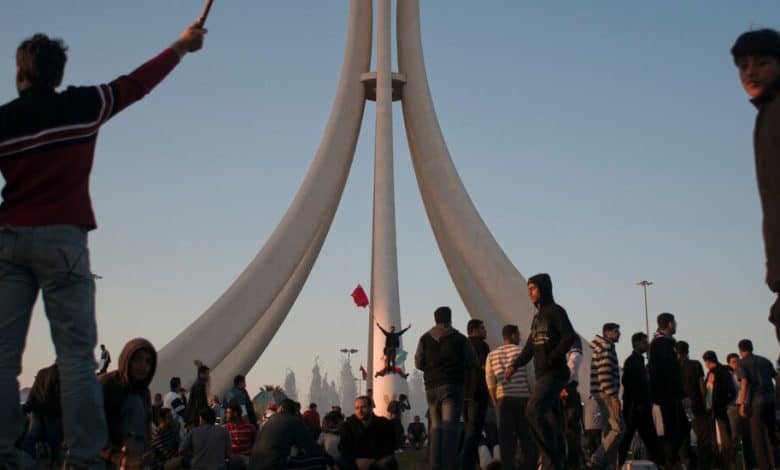Hundreds of Bahraini Political Prisoners Freed in ‘Bittersweet’ Royal Pardon

When Naji Fateel was arrested in the aftermath of Bahrain’s Arab Spring uprising, his youngest son, Nidal, was a toddler.
Last month, when Mr. Fateel left prison — riding a bus filled with inmates freed by a surprise royal pardon — the Nidal who greeted him was a teenager. Mr. Fateel, 49, a human rights activist, embraced his son and emerged, dazed, into a life forever changed.
“It was an indescribable moment,” he said, “the first hug after freedom.”
After more than a decade in jail, Mr. Fateel was released in a mass pardon in April that included more than 1,500 prisoners — the largest pardon since the reign of King Hamad bin Isa Al Khalifa of Bahrain began in 1999.
The government’s media office would not disclose how many people remain behind bars in Bahrain, an island nation in the Persian Gulf. But the Bahrain Institute for Rights and Democracy, a human rights group run by Bahraini exiles, estimates that the pardon freed more than half of the country’s prison population, including more than 600 political prisoners.
Many of them, including Mr. Fateel, were jailed after joining pro-democracy protests in 2011 that evolved into an extended uprising and were crushed by the authoritarian monarchy, a key American ally, with the help of neighboring militaries.